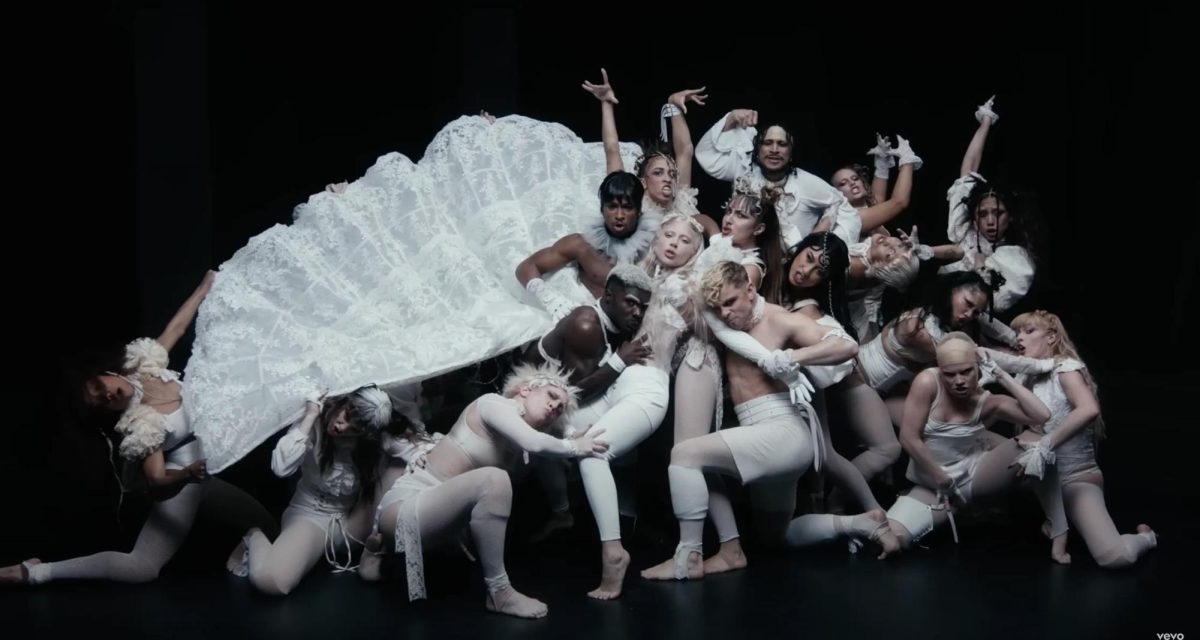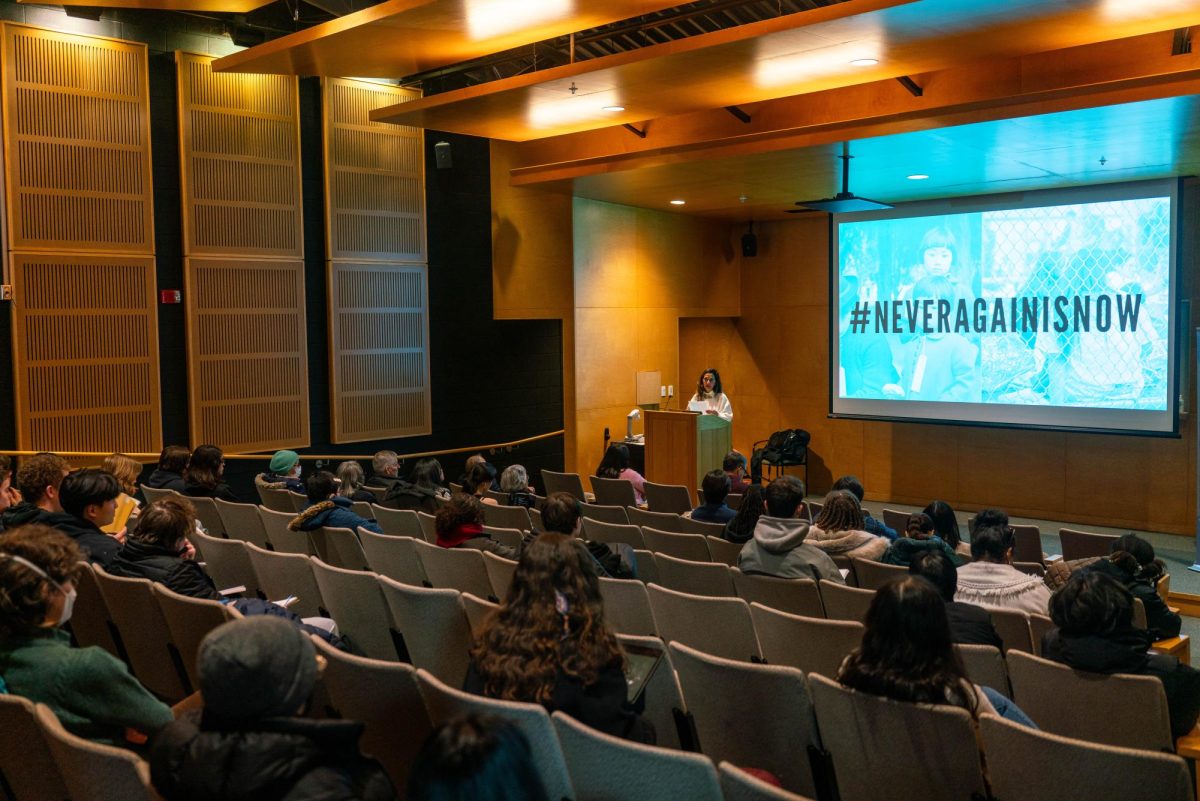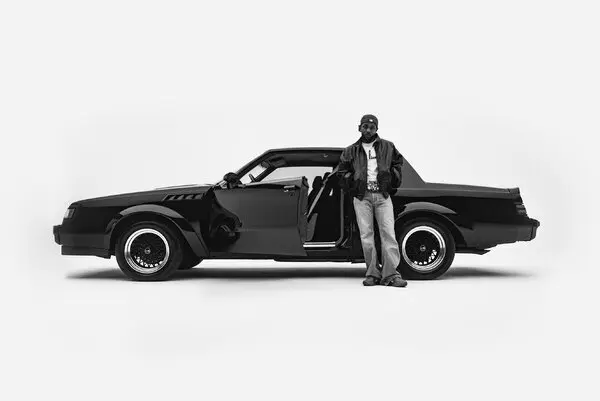The Quick and Delicious Film Screening of American Reverie
May 4, 2012
Members of Exhibition Practices in the Media Arts, Cinema Studies Professor Brett Kashmere’s CINE 323 course, presented their final project this Wednesday. Screened at Oberlin’s Quick and Delicious, a local diner, American Reverie was curated by College Juniors Emily Schkolnick and Hannah Jones and College sophomore Jenny Miller, and included films by Animal Charm, Kenneth Anger, Sam Green, Deborah Stratman, David Lynch and Stephanie Barber.
Quick and Delicious provided an appropriate setting for a screening intended to reevaluate and problematize classic Americana tropes. The program investigated how surveillance, inequality and anomie have become endemic undercurrents of a society that places such a high premium on conspicuous consumption and the perception of safety and stability. Holding the screening at Quick and Delicious imbued the program with an additional layer of classic diner kitsch, coffee and pie included. Bringing the screening out of the confines of our institution and into the community was a tangible attempt to bridge the town-gown divide.
The program began on a light note with films by Animal Charm and Kenneth Anger, Family Courtand Kustom Kar Kommandos respectively. Both films addressed the fetishization of consumer goods and fascination with signifiers of wealth like automobiles, tennis courts and leisure activities. The placement of these two short pieces at the beginning of the program both established and satirized the veneer of placid contentment in suburbia that the subsequent films would call into question.
The third film was a 10-minute documentary by filmmaker Sam Green focused on the murder of Meredith Hunter at the 1969 Rolling Stones concert in Altamont, California. The film expounded on the fact that although Meredith Hunter’s death did much to dissolve the mythologized conception of the carefree, idyllic sixties, his death itself has been largely forgotten today. In light of the recent events surrounding the Trayvon Martin case, the 2006 film seemed more timely than ever, bringing into stark relief the residual racial tensions of the 1960s that have yet to be resolved.
The fourth film was a piece by filmmaker Deborah Stratman. Stratman’s piece dealt with issues of surveillance and violence that underlie contemporary consumer culture and the insular homogeneity of suburbia. Stratman utilized sweeping shots of empty parking lots, found audio of security guards speaking over walkie-talkies and a staged police chase, among other formal devices to further illustrate the veneer of suburban safety. Through this, she called into question the extreme artificiality of an environment intended to keep certain people in and the majority of people out.
David Lynch’s Lumière et compagnie was the fifth film of the evening. Although it had a running time of only 55 seconds, the film still managed to maintain the dark and foreboding tone that Stratman established in In Order Not to be Here. In Lumière a series of fast moving images pulse on the screen, destabilizing the viewers and reorienting them with images of threatening situations implying bodily harm. The camera pans back to the image of a couch, rendering the domestic sphere uncharacteristically threatening.
The final film, Letters, Notes by Stephanie Barber, ended the screening on a wistful note with images of old photographs overlayed with text Berber compiled from found letters. These letters outline the spectrum of emotions and actions, from the intense to the banal, that we are compelled to record. The compendium of such experiences, translated into letters and by Barber into a film, comprise a collective memory fraught with tension and heartbreak, humor and tragedy. Sitting in Quick and Delicious and eating pie, it was hard not to be reminded that while the “American Dream” is most often not a reality, it’s what we have to hold on to.

















